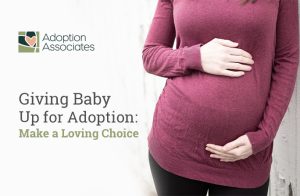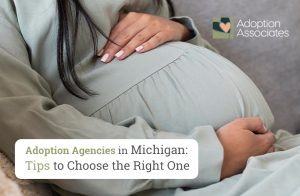Transracial Families Through Adoption
What does it mean to be a transracial family? How are transracial families defined? Transracial adoptive and foster families consist of children of one race or culture being raised by parents of a different race or culture. Transracial adoption occurs much more frequently today than in the past.
How is “Culture” Defined?
Culture is defined in many different ways. However, most definitions contain the following elements:
- shared language
- race
- customs
- beliefs
- values
- social status
- religious beliefs
- gender
- sexual orientation
Therefore, given this broad definition, every person is a part of several different cultures. When you interact with people from a different culture than your own, it can create discomfort and anxiety. When you interact with people of your own culture, it brings comfort and a sense of belonging.
What Do These Definitions Mean?
What do these definitions mean when it comes to parenting children of other cultures and races? White parents of children of color have the responsibility to help their children define themselves as a member of their own genetic racial community. Whether of a single race or biracial, children either feel “a part of” or “separate from.” Without connection to their own roots, a black child being raised in a white world will feel “separate from” the white people surrounding him who look different than him. He will also feel “separate from” the black people he looks like, who have the same cultural background, but he has no connection to.
He needs connection to those that have shared culture and race. This is vital to his healthy development. No matter how he is raised, society will assign him to the race and culture of being black. And without connection, he will feel lost and isolated. He will not fit in with the white culture he was raised in and will not fit in with his own racial culture. However, when you connect your children to their own race and culture, they will learn to grow in their roots. At the same time, they will incorporate what they are learning from you about their identity in a transracial home. They become bicultural, and bridge the gap between the two worlds.
Evaluate Your Beliefs
It is important to evaluate your own beliefs about other cultures and other races before parenting transracially. Every person has biases, and uncovering them is a lesson in self-awareness and an opportunity for personal growth.
Here are questions to ask yourself before you make the decision to parent transracially:
- How many friends do you have of another race or culture?
- What types of things do you seek to know about other cultures?
- Do you attend multi-cultural events and celebrations?
- What do you know about specialized skin and hair care for children of color?
- Have you incorporated other races and cultures into your home life?
- Are the schools in your area diverse with children of many cultures?
- What cultures are represented in your church?
- How do your extended family members view people of different races?
To learn more about transracial families through adoption, or to discuss your specific adoption situation, give us a call at 800-677-2367 or send an email. We look forward to meeting you!



